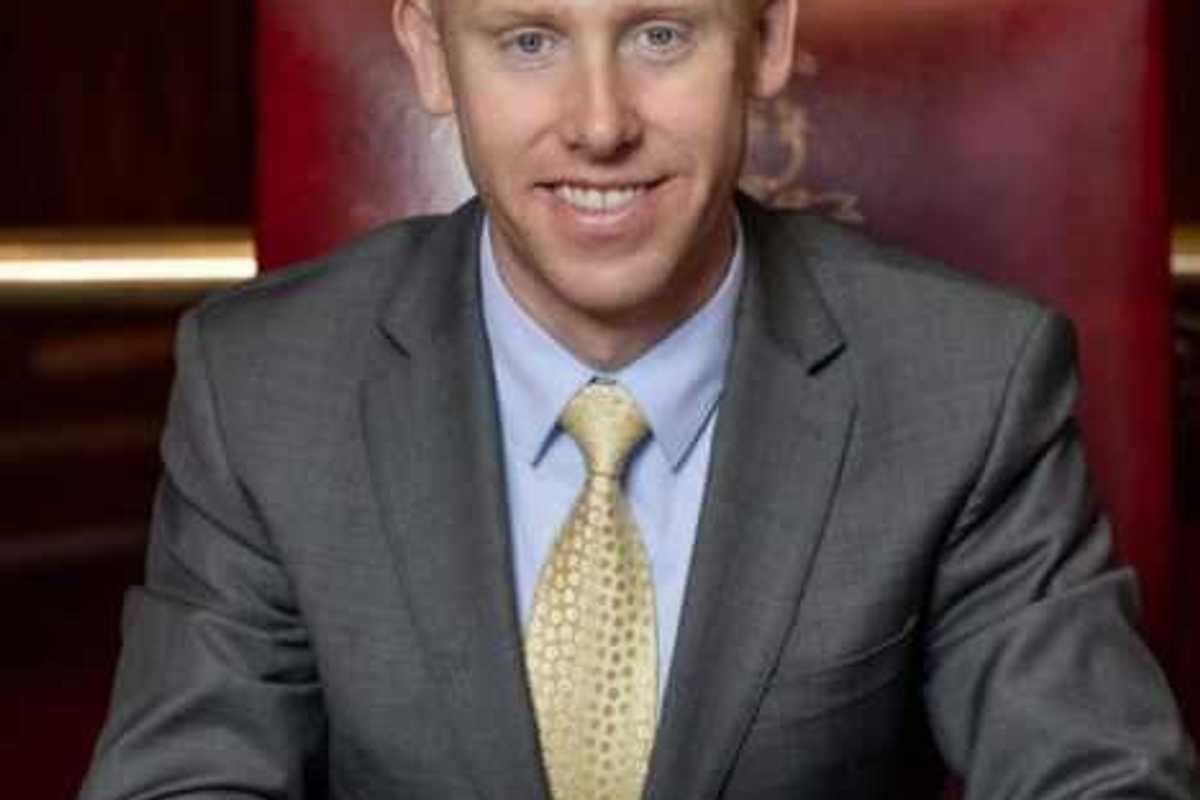Salisbury Forum shines light on Northwest CT ‘healthcare crisis’
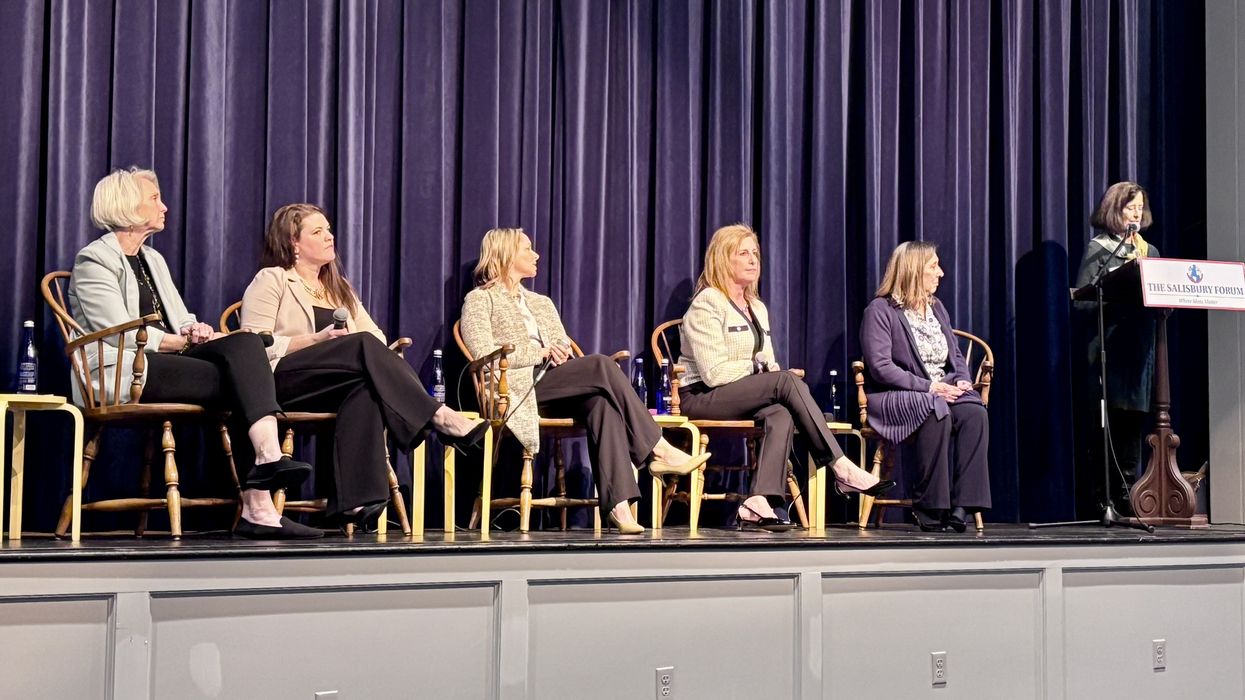
The panel at the Salisbury Forum March 21 included, from left, State Rep. Maria Horn, D-64, SVNA Home Assistance Director Meghan Kenny, Sharon Hospital President Christina McCullough, Community Health and Wellness Center CEO Joanne Borduas, Foundation for Community Health President Nancy Heaton and it was moderated by Salisbury Forum President Patricia Jenny.
Alec Linden
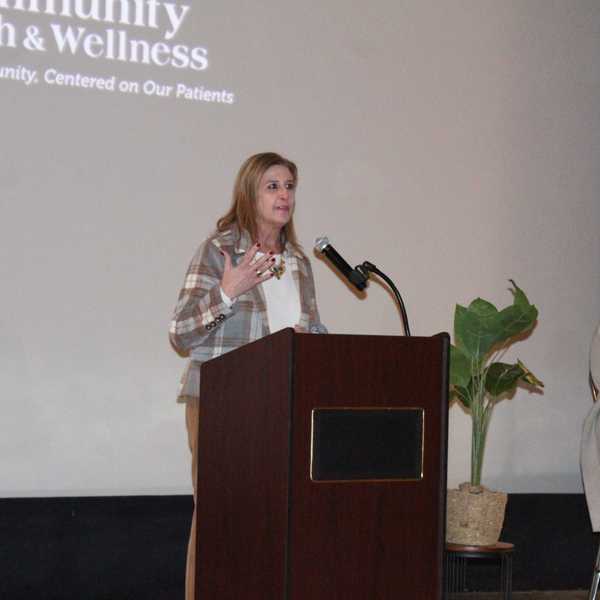

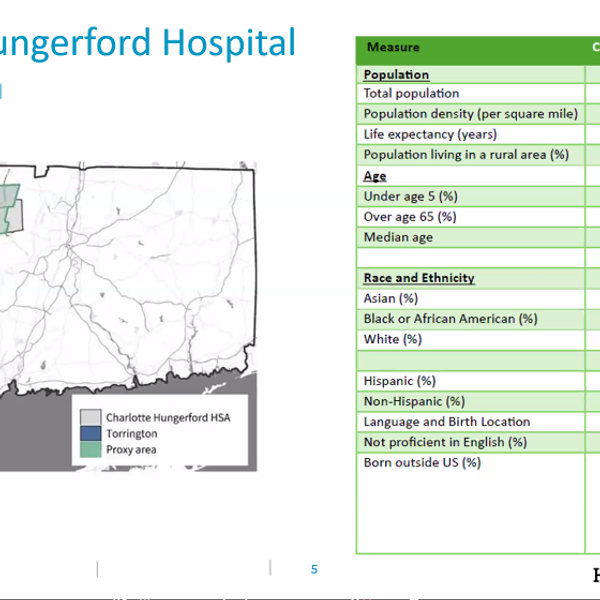
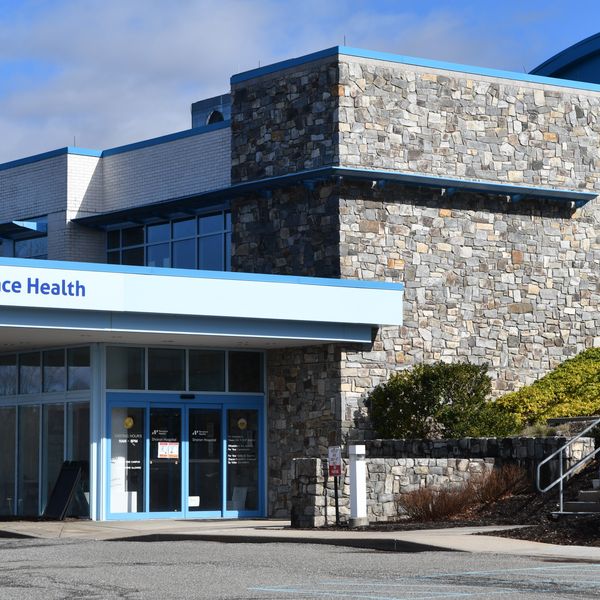




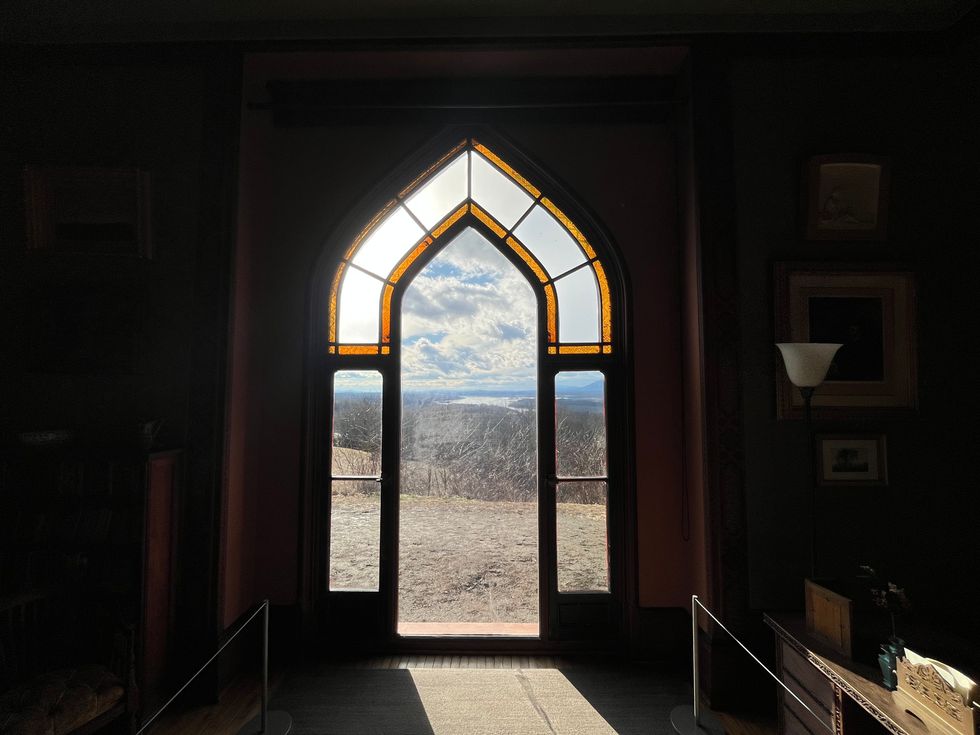 A window at Olana.By Brian Gersten
A window at Olana.By Brian Gersten The dining room at OlanaBy Brian Gersten
The dining room at OlanaBy Brian Gersten
 Rumsey Hall competes in the Berkshire Hills Ski League.Photo by Tom Brown
Rumsey Hall competes in the Berkshire Hills Ski League.Photo by Tom Brown There was lots of fresh powder on Mohawk Mountain Jan. 28 after approximately 20 inches fell earlier in the week.Photo by Tom Brown
There was lots of fresh powder on Mohawk Mountain Jan. 28 after approximately 20 inches fell earlier in the week.Photo by Tom Brown